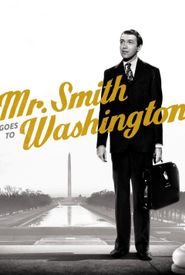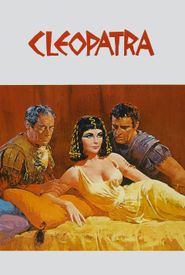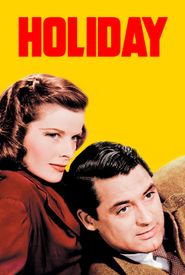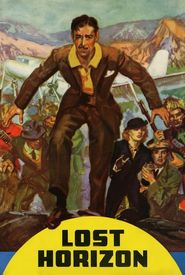Sidney Buchman was born on March 27, 1902, in Duluth, Minnesota, to a Russian émigré clothing merchant. He initially attended the University of Minnesota before moving to New York, where he continued his studies at Columbia University, graduating in 1923.
Following his graduation, Buchman traveled to England, where he worked as an assistant stage manager at the Old Vic. Upon his return to New York, he attempted to make a name for himself as a playwright, with two of his plays, "This One Man" and "Storm Song", being produced on Broadway in 1930, although they unfortunately flopped.
In 1931, Buchman made the move to Hollywood, securing a screenwriting contract with Paramount. He spent two years at the studio before moving to Columbia Pictures, where he worked on a number of sophisticated and witty comedy scripts that often pitted simple, honest country folk against slick, corrupt urbanites.
Buchman's biggest hits at Columbia included "She Married Her Boss" (1935),"Theodora Goes Wild" (1936),"Mr. Smith Goes to Washington" (1939),and "Here Comes Mr. Jordan" (1941). His success led to him being promoted to producer in 1937, and he was later made vice-president of production, with his own production company within the studio.
However, Buchman's career took a turn for the worse in 1951, when he was subpoenaed to appear before the House Un-American Activities Committee and forced to admit that he had been a member of the Communist Party between 1938 and 1945. Although he refused to "name names", he was found guilty of contempt by Congress in 1953, fined $150, and blacklisted.
Buchman spent the next several years working in the European film industry, eventually landing a job with 20th Century Fox in 1960. He worked on a number of films for the studio, including "The Mark" (1961) and the epic "Cleopatra" (1963).
Buchman died on August 23, 1975, at the age of 73, in his adopted home in Cannes, France.
















































